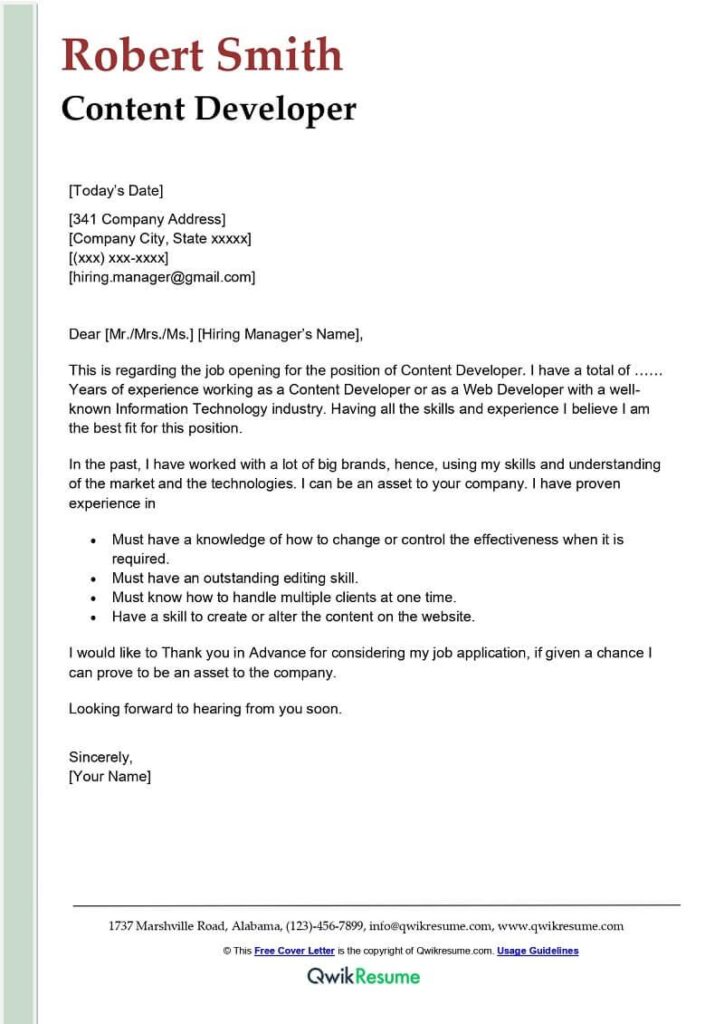Mpox Outbreak in Sierra Leone: Healthcare System Grappling with Severe Strain
Sierra Leone is currently confronting a significant surge in mpox cases, a viral disease previously referred to as monkeypox, which has placed immense pressure on the nation’s fragile healthcare infrastructure. The rapid spread of this infection has overwhelmed medical facilities that were already operating under constrained conditions. Key challenges exacerbating the crisis include limited availability of essential medical supplies, insufficient public health systems, and a shortage of trained healthcare personnel. As hospitals struggle to manage an influx of mpox patients alongside other health concerns, the overall standard of care is increasingly compromised.
To address this growing emergency, authorities have implemented several vital measures aimed at controlling the outbreak:
- Community Awareness Campaigns: Providing clear and accurate information about mpox symptoms and transmission methods to combat misinformation and encourage prompt medical consultation.
- Scaling Up Diagnostic Capabilities: Improving laboratory infrastructure for faster identification and isolation of infected individuals.
- International Collaboration and Aid: Mobilizing global support to supply critical medical equipment, antiviral medications, and facilitate vaccination efforts.
This evolving situation highlights the urgent necessity for coordinated efforts among government agencies, non-governmental organizations (NGOs), international partners, and local leaders to protect public health and halt further transmission.
Societal Disruptions & Healthcare Challenges Amid Mpox Surge
The recent spike in mpox infections has exposed deep-rooted vulnerabilities within Sierra Leone’s healthcare delivery system. Medical institutions are inundated with patient volumes far exceeding their operational limits. Several critical barriers hinder effective outbreak response:
- Crisis-Level Shortages in Medical Supplies: Hospitals face dwindling stocks of personal protective equipment (PPE), antiviral drugs specific to viral infections like mpox, as well as other necessary treatment materials.
- Diminished Healthcare Workforce Availability: Infection among frontline staff reduces manpower during peak demand periods.
- Misinformation Fueling Stigma & Complacency: Persistent myths surrounding mpox impede prevention strategies by fostering fear or neglect within communities.
The repercussions extend beyond clinical settings into broader societal domains. Over 60% of schools nationwide have temporarily closed due to contagion fears; tourism revenues have dropped by nearly 30%, severely impacting local economies dependent on visitors; meanwhile close to 40% of small businesses report temporary shutdowns amid uncertainty or safety concerns. The table below outlines these socio-economic impacts observed over recent months:
| Sociodemographic Indicator | Description |
|---|---|
| School Closures | Affecting more than 60% across regions due to infection risks |
| Tourism Decline | An estimated 30% reduction affecting community livelihoods reliant on travel sectors |
| Boutique & Small Business Interruptions | Nearing 40% temporarily halted operations amid pandemic-related uncertainties |
The intricate link between public health stability and economic resilience demands immediate multisectoral interventions involving policymakers at national levels alongside civil society stakeholders for holistic recovery strategies.
Enhancing Health Infrastructure & Fostering Community Engagement for Long-Term Resilience
A sustainable approach toward containing current outbreaks necessitates comprehensive investments aimed at fortifying Sierra Leone’s healthcare system. This includes expanding access points equipped with advanced diagnostic laboratories capable of swift pathogen detection while ensuring uninterrupted supplies of PPEs along with targeted therapeutics against viral diseases such as mpox.
Equally crucial is bolstering human resource capacity through specialized training programs designed not only for managing present epidemics but also preparing for future infectious threats.
Active community participation remains indispensable—empowering populations via culturally tailored education initiatives can break down stigma barriers while promoting preventive actions like proper hygiene practices or early symptom reporting.
Additionally, integrating digital technologies (such as mobile applications enabling symptom monitoring) enhances real-time data gathering facilitating agile responses from health authorities.
Finally, strengthening international partnerships , including knowledge-sharing platforms among affected nations fosters collective expertise vital during global outbreaks—drawing lessons from recent pandemics like COVID-19—to ensure no country faces such crises alone.
Concluding Reflections on Mpox Management & Global Health Preparedness Priorities
The rapid escalation in Sierra Leone’s mpox cases starkly reveals systemic fragilities common across many low-resource environments worldwide facing infectious disease challenges today. The overwhelming strain placed upon healthcare services signals an urgent call-to-action: epidemic preparedness must be reinforced through increased funding combined with robust international cooperation.
As frontline workers persist tirelessly supported by ongoing vaccination campaigns,the situation remains fluid yet instructive . Surveillance mechanisms require continuous enhancement while community outreach programs must adapt dynamically based on emerging epidemiological data.
Ultimately, safeguarding populations against diseases like mpox demands integrated strategies blending evidence-based policies with grassroots involvement. This episode offers valuable insights shaping future frameworks aimed at strengthening global health security so nations are better equipped against similar threats ahead.
The world watches attentively as Sierra Leone confronts this formidable challenge—a powerful reminder that infectious diseases know no borders necessitating unified commitment toward resilient healthcare systems everywhere.

